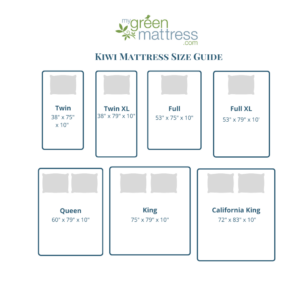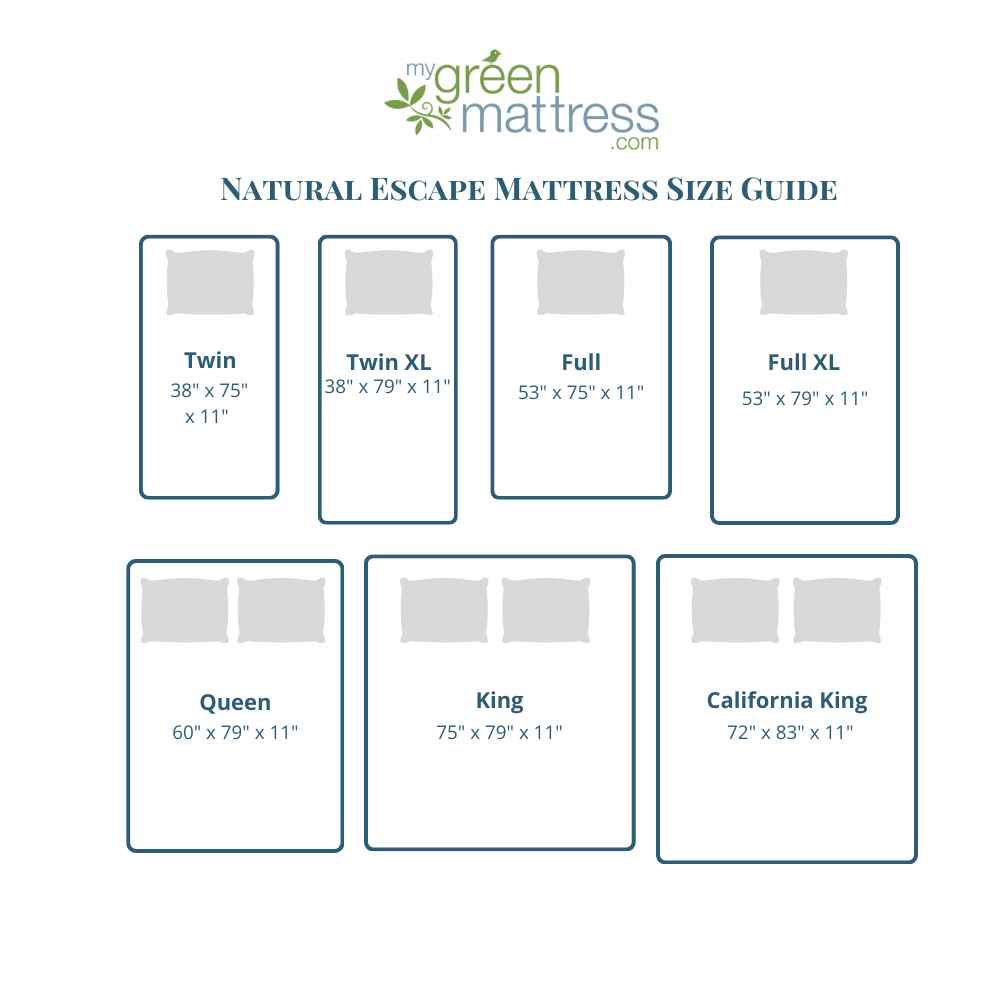Your bedroom should always be an oasis; a place where slumber comes naturally and restful nights are spent lounging in luxurious linens. Then, why do you find yourself tossing and turning uncomfortably all night long? Why are you waking in the morning sore, or still feeling exhausted? What is keeping you up at night? Believe it or not, your bedroom could actually be the culprit.
The National Sleep Foundation suggests that you create a sleep environment that utilizes all five of your senses to lull you into dreamland.
What you see matters
If you imagine your bedroom as your sanctuary, it should make you feel restful and rejuvenated when entering. It should also be soothing to help you fall asleep faster.
Experts in the field suggest banishing all bright lights, as research suggests your body has an internal clock which recognizes bright light as day time thus it keeps you awake. Consider adding dimmer switches or three-way light bulbs to existing light fixtures. You’ll also want to limit light that enters through windows by adding great blinds or blackout curtains. Your eyes are responsible for telling your brain when it is night time. Bright lights can inhibit this message.
You’ll also want to clear away clutter. Remove any items that don’t inspire a sense of peace and calm. Computers, televisions, and full laundry baskets all add to a feeling of discontent which is not something you want when you’re trying to sleep!
Listen closely
While you sleep, your brain continues to hear and understand various sounds. Depending on the sound, noise can upset your slumber—causing you to wake. Nearly 74% of Americans rated a quiet room as important to getting a good night’s sleep in the National Sleep Foundation’s 2012 Bedroom Poll. If you have a busy family, or live in a noisy urban area this can be a difficult task. The noises your ears detect when you are sleeping can impact your ability to both fall and stay asleep.
Recent studies have shown that adding white noise can help to add an equilibrium to otherwise distracting sounds. A simple fan could do the trick. You can also purchase a white noise machine to help eliminate some of the background noise that may be keeping you awake.
Your nose knows
There is some evidence that certain smells can have an impact on your restfulness. Houzz.com assures us that even something as simple as having “freshly washed linens can make sleeping much more pleasurable…(because) when it’s time to sleep, the smell and cleanliness of your sheets will help you fall asleep”.
Lavender is also known as a soothing scent, you can easily add an essential oil diffuser to your bedroom décor.
Sense of touch
How you feel in your bedroom and your comfort level can make a difference in your sleeping patterns as well. Keeping your bedroom cool can help to ensure a better nights sleep, as well as investing in higher quality, non-toxic pillows and sheets. Best Health Magazine suggests that you even go so far as to buy a new mattress to ensure a good nights sleep. We know this can be true as so many mattresses on the market contain harsh elements that can not only hinder your sleep but your overall health, too. Our mattresses are non-toxic and provide for a healthier, restorative sleep.
The taste of sleep success
What you eat and drink before bed can make a huge difference in the amount of sleep you get. We already know that caffeine intake can impact our sleep and over 78% of Americans drink at least one caffeinated beverage a day. Making sure you cut out caffeine several hours before bedtime can make a difference in your ability to fall, and stay, asleep.
If you suspect your bedroom may be the cause of your insomnia, don’t wait to try out some of these tips to make your sleeping environment more dreamy.









